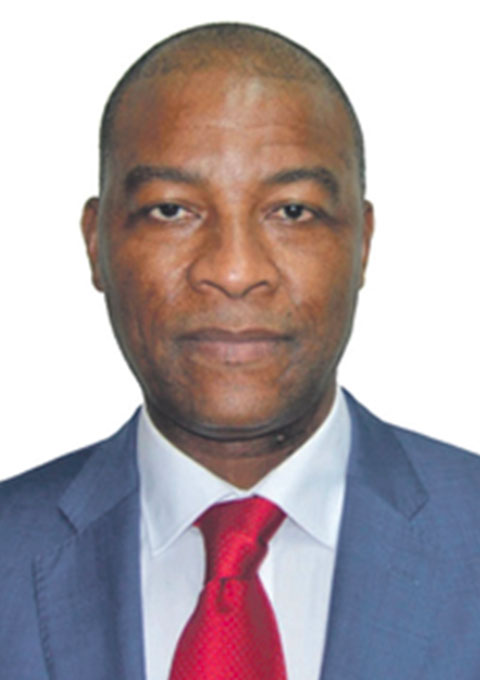I- What has been done so far by the international community to help the developing countries cope with the crisis?
II- Do developing countries have new strategies to support and finance their economic recovery?
III- How can we accelerate the developing countries’ fair access to COVID-19 vaccines and treatment for a sound recovery?
IV- What role do international institutions have in helping to lay the ground for an inclusive and sustainable economic growth in developing countries? What are the new missions or changing roles that could be foreseen for the international and regional institutions in the light of this pandemic?
Speakers

Rym Ayadi
Founder and Scientific Director, Euro-Mediterranean Economists Association
Rym Ayadi is the Founder and President of the Euro – Mediterranean Economists Association (EMEA). She is Founder and Director of the Euro-Mediterranean and African Network for Economic Studies (EMANES). She is Senior Advisor at the Centre for European Policy Studies (CEPS); Professor at the Bayes Business School, City University of London and Member of the Centre for Banking Research (CBR); Chair of the European Banking Authority – Banking Stakeholders Group (EBA- BSG). She is also Associated Scholar at the Centre for Relationship Banking and Economics (CERBE) at LUMSA University in Rome.
...

Hinh T. Dinh
Senior Fellow
Hinh T. Dinh is a Senior Fellow at the Policy Center for the New South, Morocco and President of Economic Growth and Transformation, LLC., VA, USA. Previously, he spent over 35 years working at the World Bank Group where his last position was Lead Economist in the Office of the Senior Vice President and Chief Economist. He has authored and co-authored books published by the World Bank, Oxford University, and the Policy Center for the New South, and has written articles in professional journals covering public finance, international finance, and industrialization. His latest books include Tales from the Development Frontier (2013), Light Manufacturing in Vietnam (2013), Jobs, Industrialization, and Globalization (2017), Morocco (2020), and COVID-19 and Developing Countries (202 ...

Prakash Loungani
Senior Fellow
Prakash Loungani is Senior Fellow at the Policy Center for the New South as well as Advisor in the IMF’s Research Department and Co-Chair of the IMF’s group on Jobs and Growth. His research focuses on Labour Markets, Macroeconomics, and Energy. He is also an adjunct Professor of Management at Vanderbilt University’s Owen School of Business, where he has taught in the Executive MBA program for the past 15 years. During 2013-14, he was on the World Economic Forum’s council on employment issues. His academic work has been published in top-tier journals and the citations to this work place him among the top 5% of economists worldwide.
He was the co-author of the IMF’s background paper for the ILO-IMF conference in Oslo on tackling unemployment. More recently, he is the co-author ...

Emmanuel Pinto Moreira
Senior Fellow
Dr. Emmanuel Pinto Moreira is Senior Fellow at Policy Center for the New South and the Director of the Economic Department of the African Development Bank. He is in charge of establishing a strong department as well as genuinely conducting policy dialogue with policy makers of the region while heavily focusing on new growth strategies, challenges facing middle income countries, fiscal policies and debt reduction strategies. He served previously as regional lead economist for the MENA region at the World Bank. His mission was geared towards first conducting policy dialogue with Maghreb authorities’ and helping them design their vision papers; second, he provided strategic advice on major economic challenges facing these countries, more precisely. Furthermore, Dr. Pinto Moreira ...









